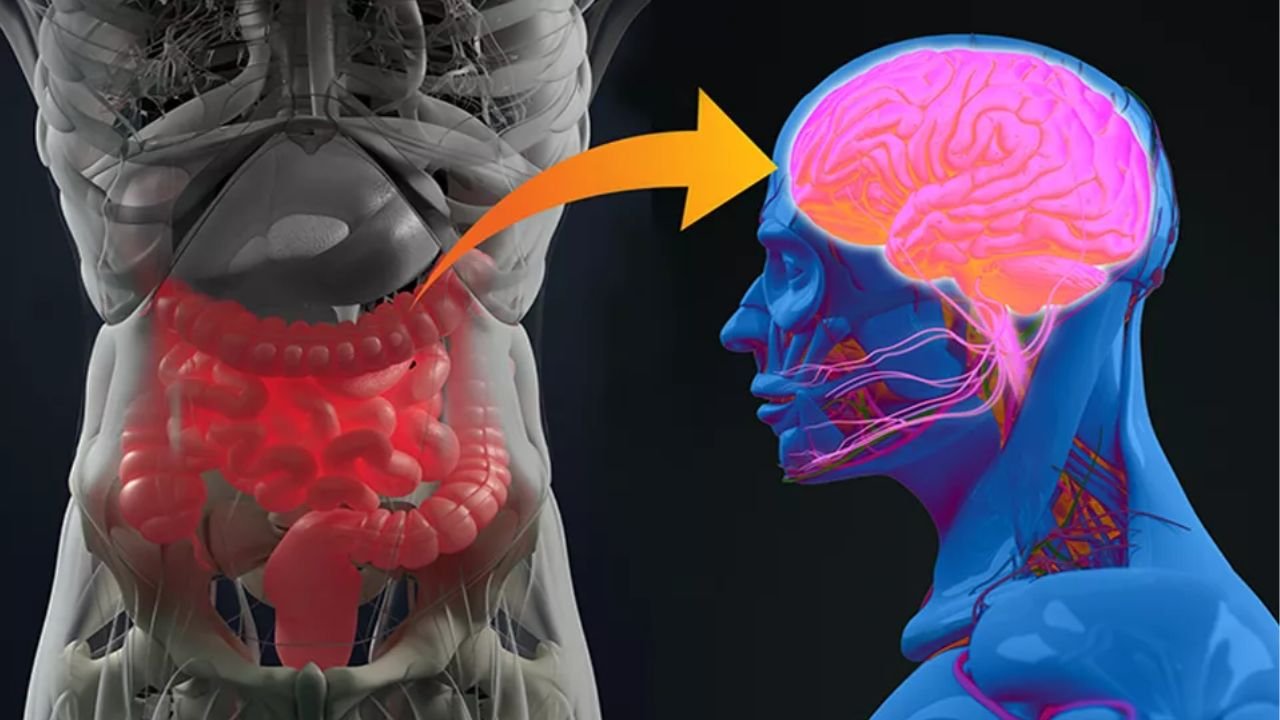AD is an illness that affects millions of people in the world we live in, and can lead to memory loss, confusion as well as other emotional concerns. Although Alzheimer treatment has received the focus of how this disease can be cured by brain-based solutions, there has been a revelation in the last few years, that of the gut health-cognitive health relationship. Researchers are rediscovering the importance of the gut microbiome the collection of trillions of bacteria and other microorganisms in the human body and how they may be able to prevent Alzheimer disease by acting on the brain.
Like most researchers, when they peel the onion further on this gut-brain connection, they are finding solutions on how to enhance overall health and lower risks of Alzheimer. A healthy gut may be the way forward in the fight against Alzheimer in the individuals who are at risk of this disease because it might help to reduce inflammation in the cells as well as enhance cognitive performance. It is time to dive into the role of gut health and why it may completely transform our approach to avoiding Alzheimer in the future.
The Gut-Brain Axis: The science behind it Learn the science behind the Gut-Brain Axis
Gut-brain axis is a complicated process of communication linking the brain and the gut. This system is based on biochemical signaling, the gut and brain interact with messages that are passed to each other via the nervous system, hormones, and the immune system as well. As an example, some bacteria in the intestine produce neurotransmitters such as serotonin and dopamine that is the key to regulating mood and cognitive abilities. It demonstrates that the gut is not simply a digestive tract but it affects the level of mental health and the functioning of the brain in great terms.
Researchers feel that in Alzheimer disease abnormalities of the gut brain ax can cause the cognitive decline. During the unbalanced state of the gut microbiome, there is a risk of inflammation rising and, subsequently, entering the brain. This relationship explains why the intestine is drawing the interests of various scientists in their investigations on Alzheimer. In an example, some studies discuss the influence of various factors such as inflammation among others on memory and cognitive wellbeing. This study allows creating a clearer picture of the role the gut could play in the development and prevention of Alzheimer.
The Way Gut Inflammation Can Lead to Alzheimer Risk
Inflammation in the gut happens when there happens to be an imbalance between good and bad bacteria in the gut. The abnormality is referred to as dysbiosis and the consequence of which has the potential to cause deleterious results all over the body including the brain. The inflammation of the gut may cause systemic inflammation, which disseminates to other regions, such as central nervous system. Alzheimer is also affected by chronic inflammation in the brain and thus the health of the gut plays a central role in preventing the risk of this condition.
Surprisingly, continuous research indicates that patients with Alzheimer have increased levels of inflammatory markers in the blood and in the guts. This emphasizes the value of managing inflammation at its initial stage to safeguard cognitive morbidity. Corresponding to this, Lilly clinical trials in Alzheimer is researching on new modes of treatment that will not only reverse the effects of memory-loss, but also the cause of this loss including inflammation. In such a way, with the emphasis on gut health and minimization of inflammation, these researches are supposed to realize new methods of slowing down or even halting the development of Alzheimer disease.
The Gut Healthy Microbiome Role in an Alzheimer Prevention
An abundance of different bacteria in the gut microbiome helps the body and the brain in a number of ways. Among the most significant benefits of a balanced microbiome, one may consider a decrease in inflammation. When bacteria in the gut are healthy, they produce short-chain fatty acids (SCFAs), which have an anti-inflammatory effect as well as protecting the brain against destruction. Also, these bacteria secrete vitamins and other substances that help in supporting brainpower, memory, and mood.
Healthier gut also could assist in maintaining the balance of the immune system which is important to the brain health. When the immune system is working well, there might be no accumulation of amyloid plaques and many other harmful proteins in the brain. Alzheimer is characterized by these plaques. The effect of a combination of interventions on gut health and conventional Alzheimer interventions in making a more holistic strategy of preventing Alzheimer is being studied out under current research, including those being done by Lilly Alzheimer clinical diagnosis research. These two focal points may pave the way to advances in cognitive preservation and improved general well being.
Diet and lifestyle Gut health and Brain Function Tips
Diet is one of the easiest ways of fostering gut health. A diverse microbiome can be maintained by consumption of a diverse diet characterized by nutrient dense foods, including fruits, vegetables, whole grains, and fermented foods. Other fiber containing foods, especially, are prebiotics, nourishing the useful microbes in the digestive system. Foods such as yogurt and kimchi also have probiotics that ensure proper distribution of gut bacteria.
Other lifestyle factors besides the diet may also have a large influence on the health of the gut and the brain. Physical exercise has been reported to encourage a healthy microbiome, and lessen inflammation and anxiety. Any stress solution like meditation or yoga can also improve the functionality of gut and brain because when stress reduces cortisol also goes low. Collectively, the strategies form a strong basis of being cognitively healthy. Such changes whether administered at home or in care facilities would be consistent with the objectives of clinical research studies which seek to find out practical ways of cutting the risk of Alzheimer.
Future Implication and Current Research about the Gut-Alzheimer Connection
The gut-brain science is an ambitious field that is developing and researchers are getting exciting findings regarding the role of the gut health in the prevention of Alzheimer. Researchers have established that enhanced gut health has the potential to enhance cognitive function as well as reduce inflammation in the brain. These results leave the field open to the introduction of gut-based approaches that may be used alongside known Alzheimer therapies, like formulated probiotics and diet-therapy.
Scientists are hopeful that in the future, they will use multi-pronged approaches to approach the gut and the brain. Current research is creating an avenue where innovative solutions are created to tackle the complexity of Alzheimer disease. This work on gut-brain connection has potential to not only slow the process of the disease but also prevent it.
Wrap Up
This new information sheds some light on how to take care of the mind in an exciting and new dimension, the connection between the gut health and Alzheimer prevention. With knowledge of the gut-brain irritation and the way it helps in inflammation, memory, and immune system, there can be a major shift in curbing the risk of Alzheimer. Studies have shown that there is a need to focus on some of the contributing factors such as the health of the gut to come up with effective treatment methods.
You should look after your gut by eating well, being physically active and destressing it is not only beneficial to digestive health, but also to the health of your brain. As science has been revealing the connections between the gut and the brain, it appears that a healthier, vibrant future may lie in the power of improving the state of our guts. As our research and lifestyle changes continue, we will be able to combat Alzheimer, and this gives hope to millions of households across the globe.



